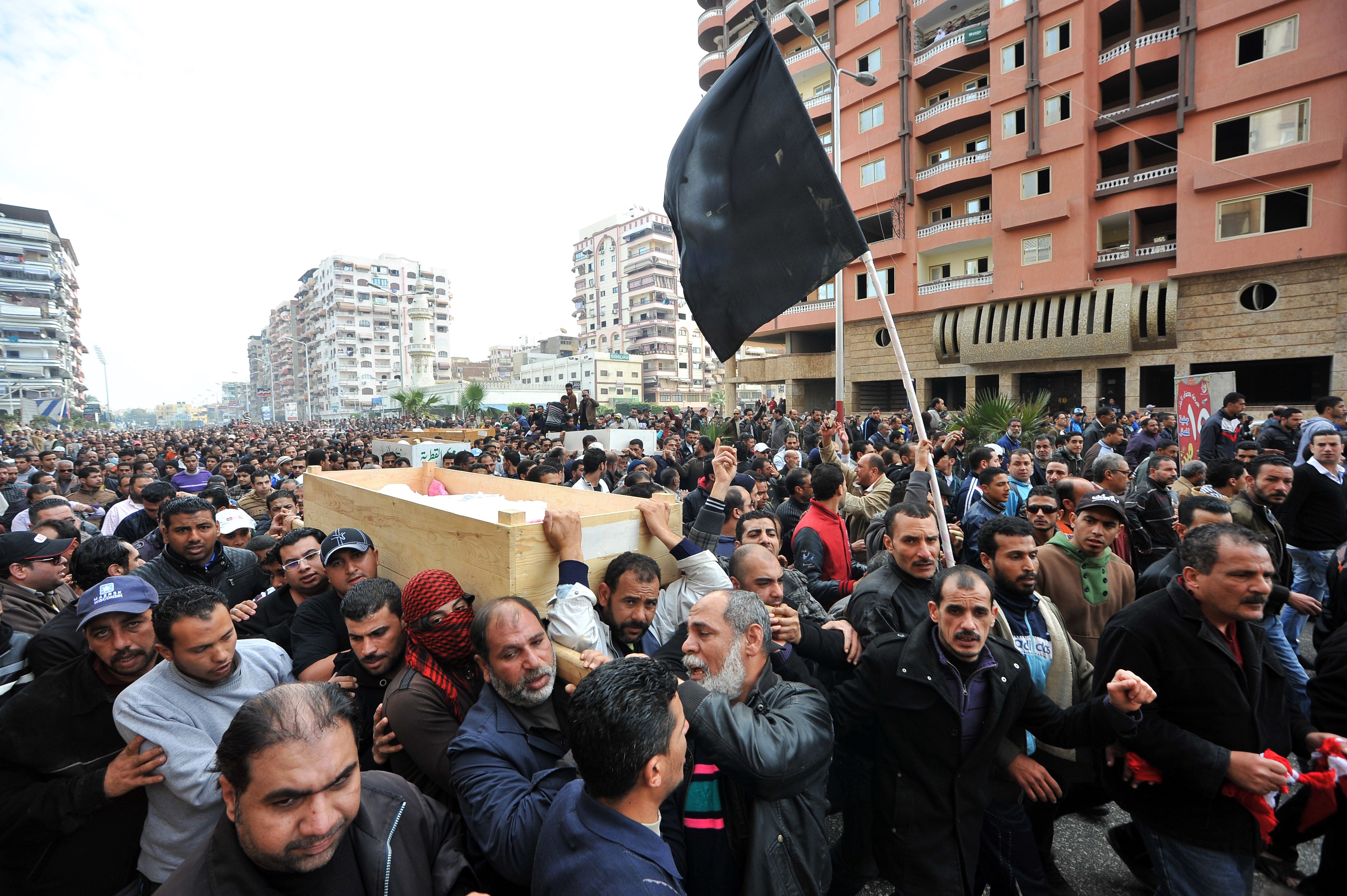ABIDJAN: Ivory Coast’s president said Tuesday he plans to contest some results of a presidential poll already marred by opposition accusations of violence and voter fraud.
Full results of Sunday’s runoff poll have not been released, but a spokesman for President Laurent Gbagbo’s campaign said he plans to contest votes in three regions of the country’s rebel-held north. In those areas, he said, supporters of Gbagbo’s opponent tried to steal ballot boxes and take Gbagbo supporters hostage.
Gbagbo campaign chief Pascal Affi N’Guessan said he had discussed the situation with United Nations mission chief Young-Jin Choi and will request that results from Savanes, Denguele and Worodougou regions be invalidated "because they didn’t respect the norms of transparency."
Prime Minister Guillaume Soro, formerly the head of the rebel group that controls the north of the country, responded by saying that the government’s reporting of violence on national TV was "partisan, hasty and incomplete."
His spokesman, Affoussy Bamba denied that there had been any deaths in the rebel-held territory, and said there had been no attacks or tampering with ballot boxes.
Election observer Gerard Latortue, who was Haiti’s former prime minister, said the election went well overall.
"In the West, we are used to getting results the night of the election," he said, "But you shouldn’t forget that this is the first time there’s been a real election here."
He added, "There was nothing at stake in previous elections here, they were decided in advance. But now everything’s up for grabs."
There were scattered reports of violence over the weekend and on voting day, though no violence was reported Monday or by early Tuesday.
Choi, the UN representative, said Monday that three people were killed during balloting Sunday as multiple clashes erupted between partisans in the west of the country. Despite these incidents, he said the vote went well overall.
Most of the weekend clashes between political supporters occurred in small villages where there is no police or military presence and residents set up roadblocks to keep outsiders away. About 1,000 people from several villages fled the violence and sought refuge at the UN compound in Sinfra on Sunday, UN mission spokesman Hamadoun Toure said. He said the villagers refused to leave because they feared for their lives. Most of them had returned home by Monday afternoon, he said.
The electoral commission on Monday announced a tiny smattering of results. Full results are expected by Wednesday.
The ballot, delayed for years, is seen as a key step toward reuniting the West African country eight years after a civil war divided it in two.
Voters chose between Gbagbo, who has been in power since violent street protests swept him into power during the last election in 2000, and Ouattara, the man Gbagbo accuses of being behind the rebellion that sought to topple him in 2002.
Gbagbo received 38 percent in a first round of voting in October, and Ouattara came second with about 32 percent. Since then, third-place finisher Henri Konan Bedie, who won 25 percent, has thrown his support behind Ouattara.



